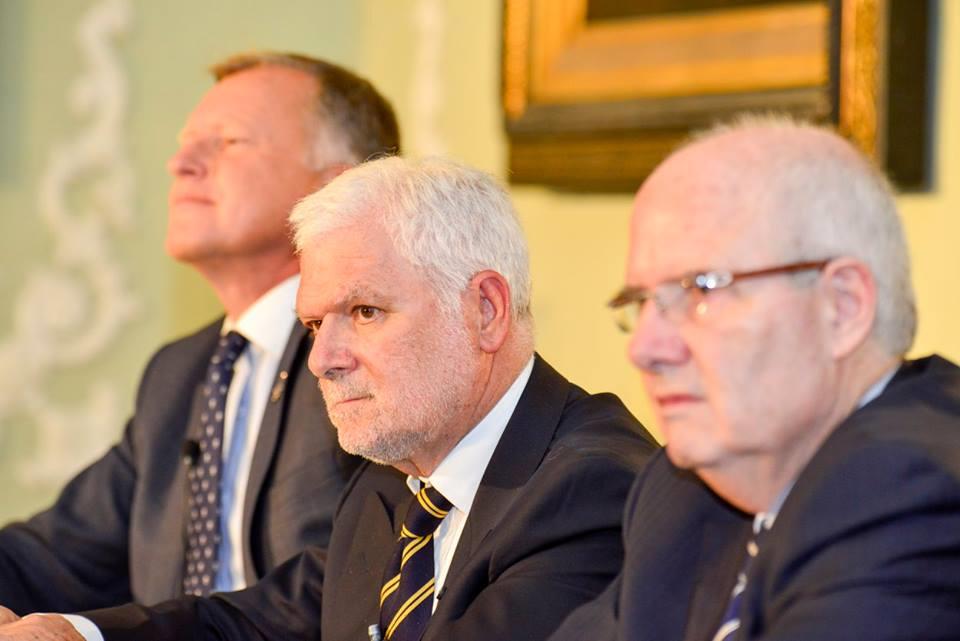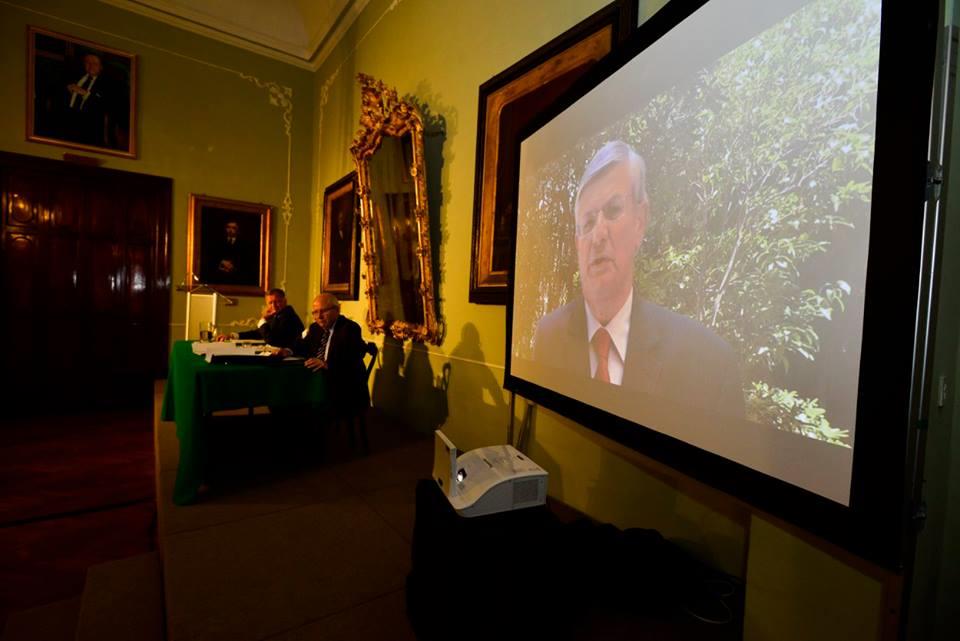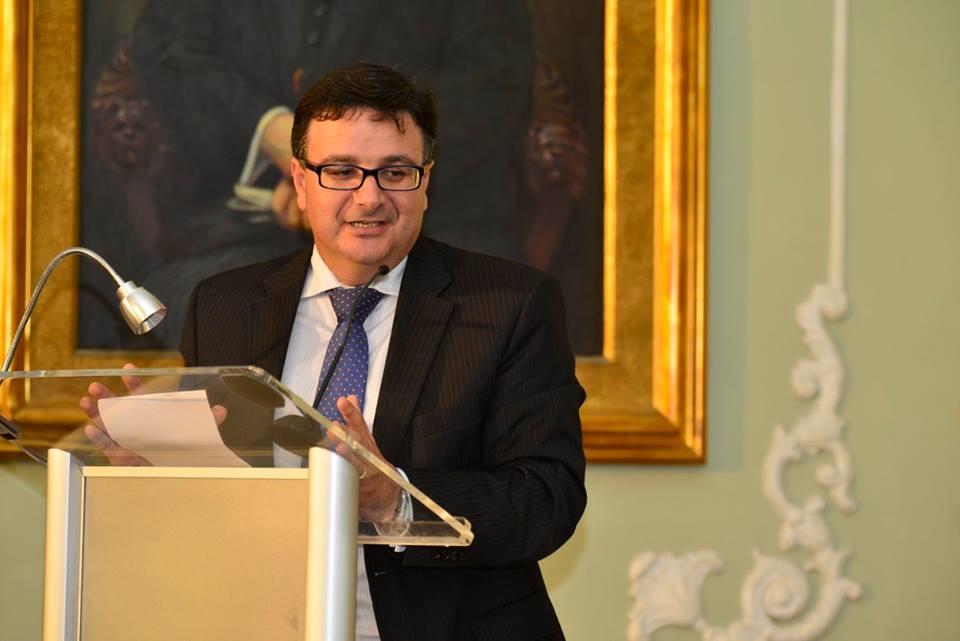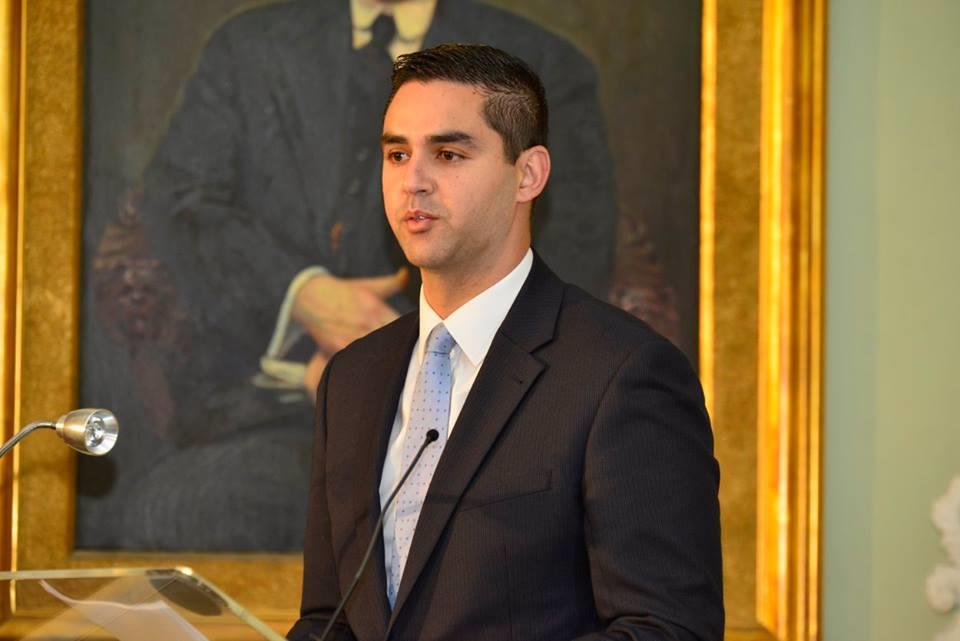The discussion on the relationship between the UK and the EU concerns every European as much as it concerns UK citizens. It should be an opportunity for the Union and its member states to critically assess the state of the European project in today's context without putting in doubt the foundations and core values on which the EU has evolved.
This was the main thrust of a public discussion organised on Friday by the European Parliament Information Office and the Strickland Foundation, which featured prominent businessmen, politicians, and UK MEPs.

Much depends on the level of participation in the referendum, said Mr Joe Zammit Tabona, former High Commissioner to the UK and currently serving as the Prime Minister's Special Envoy for Investment Promotion. He pointed out that in the UK many sectors, such as the health system, actually depend on immigrants servicing them.
MEP Timothy Kirkhope (European Conservatives and Reformists) said that the British people were never particularly excited at the thought of an integrated Europe. "As an MEP I find it difficult to come across and to communicate our work as representatives in the European Parliament". He said that he agreed with Prime Minister Cameron when he made a clear declaration that he would offer an opportunity to the people to decide. "It is probably fair that people should get their chance to express themselves as it was only back in 1973 that they decided on our place in Europe. However, it is now important that people understand the implications of the vote."
MEP Kirkhope maintained that Europe itself would change for the better with the UK as one of its members. "That would be good news for all member states - to have a better and stronger EU more adept and competitive in the world. This message was echoed by MEP Catherine Stihler (Socialists and Democrats) in a video message for the event.

Former European Commissioner Tonio Borg said that a 'Brexit' would be a blow to the EU as much as to the UK. "If there is an advantage", he said, "it could be further European integration in areas which the UK traditionally resisted". He dispelled fears that Brexit would lead to disintegration of the Union.
Tony Mahoney, until a few years ago Deputy CEO of HSBC (Europe), stated that economic statistics point towards the UK remaining in the EU. And yet, a lot of British people see things differently. The media played an important part along the way. "Leaving would be a big change. Billions of cash have already left to the US because of a possible Brexit", he warned. The euro would ironically also be weakened. The big question, as far as financial services are concerned, is where the big commercial players - including a number of global banks - would operate from should the UK choose to leave the EU, he said.
The commercial aspect of EU-UK relations, and their impact on Malta, was further expounded on by Louis Farrugia, Chairman of the Farsons Group. He said that his group's record profits and soaring exports would not have been achieved without Malta's EU membership. The single market helped greatly as it assumes a level playing field and strengthens our brand. He quoted a recent report by Fitch in which it is claimed that Malta would be negatively affected should the UK leave the EU.

"The UK always managed to play its part and often got its way", said Tonio Fenech, Opposition Spokesperson for Foreign Affairs in his remarks. "It brings much needed balance to the EU table and - like Malta - the UK often argues in favour of flexibility and sensibility to our different contexts. The UK needs the single market and even if it left the EU it would seek to remain in it, although without participating in its evolution".
Fenech argued that "politicians tend to blame Brussels all the time and in turn expect people to love the EU". He questioned to what extent a vote to leave the EU would apply for the whole of Britain, considering that Wales and Scotland tend to be more pro-EU. What would the repercussions be?

Concluding the discussion, Ian Borg, Parliamentary Secretary for the EU Presidency 2017 and EU Funds, spoke about a possible domino effect. The negotiation position of the UK would change if it left the EU. In such a scenario, it would be difficult for the UK to maintain distance from aspects that resists today as a member, he said.
Dr Borg warned that a yes vote would still have its impact. "There will never be a magical equilibrium in a union of states with different interests. The EU needs to continue to evolve and adapt. The Maltese experience shows that EU membership certainly stimulates economic performance".